
Student Mental Health in Communities of Need
98% of educators feel that the current mental health challenges experienced by students are a barrier to education.

A National State of Emergency
To understand the impact of children’s mental health issues on learning, we surveyed our First Book Network – educators who work at Title I eligible schools and programs in low-income communities. The purpose of this study was to understand the impact that the COVID-19 pandemic was having on student mental health and the challenges facing educators in supporting their students’ mental health, and to identify resources educators need to better support the children they serve when a mental health professional or counselor is not a readily available option. For purposes of this survey, educators were asked to think of mental health broadly: focusing on the general mental health and emotional wellness of students.
About the Survey
First Book Research & Insights conducted the survey between December 13, 2021, and January 21, 2022, in partnership with On Our Sleeves, a national movement to break stigmas around children’s mental health. This survey report reveals insights from 967 nationwide educator respondents who support children in need ages 0-18.
Because of the cumulative impact that children in poverty have faced from the pandemic, along with challenging life experiences and compounding stressors related to race and culture, 98% of educators feel that current mental health challenges experienced by students are a barrier to education. While 85% of educator respondents believe that supporting student mental health in their class/program is a high or emergency priority in relation to their other classroom or program priorities this year, only 20% of educators feel adequately prepared to support their students’ mental health. Educators are also concerned about their own personal mental health and want additional resources that can help them support students’ emotional and mental wellness, both in their classrooms and programs and at home.

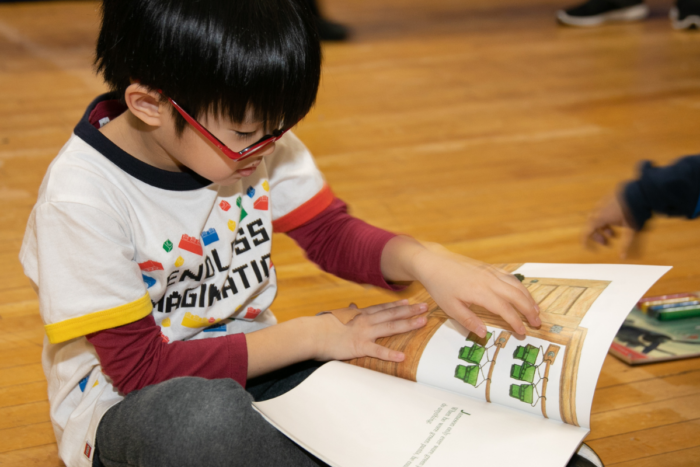
First Book’s Network Speaks Out on Mental Health & Emotional Wellness
85% of educator respondents believe that supporting student mental health in their class/program is a high or emergency priority.
The pandemic had detrimental effects on children’s mental wellness, both in terms of adding new challenges and worsening existing ones. Educators estimate that more than half (53 percent) of the students they serve are struggling with their mental health. Seventy-two percent of educators say the pandemic has introduced new mental health challenges among students and 65% say it has exacerbated existing mental health challenges.
While a trained mental health counselor is available at most schools/organizations, 36% of respondents work at schools/organizations that do not provide access to trained mental health counselors, and 60% work at schools/organizations that do not provide access to child psychologists. Additionally, 56% of respondents indicate that the schools/organizations where they work do not offer professional development for educators on how to support student mental health.
Mental Health Resources to Address Challenges in the Classroom
First Book is dedicated to supporting educators as they support their students. Download our free resources to identify and address emotional wellness challenges and visit the Marketplace for more free resources.
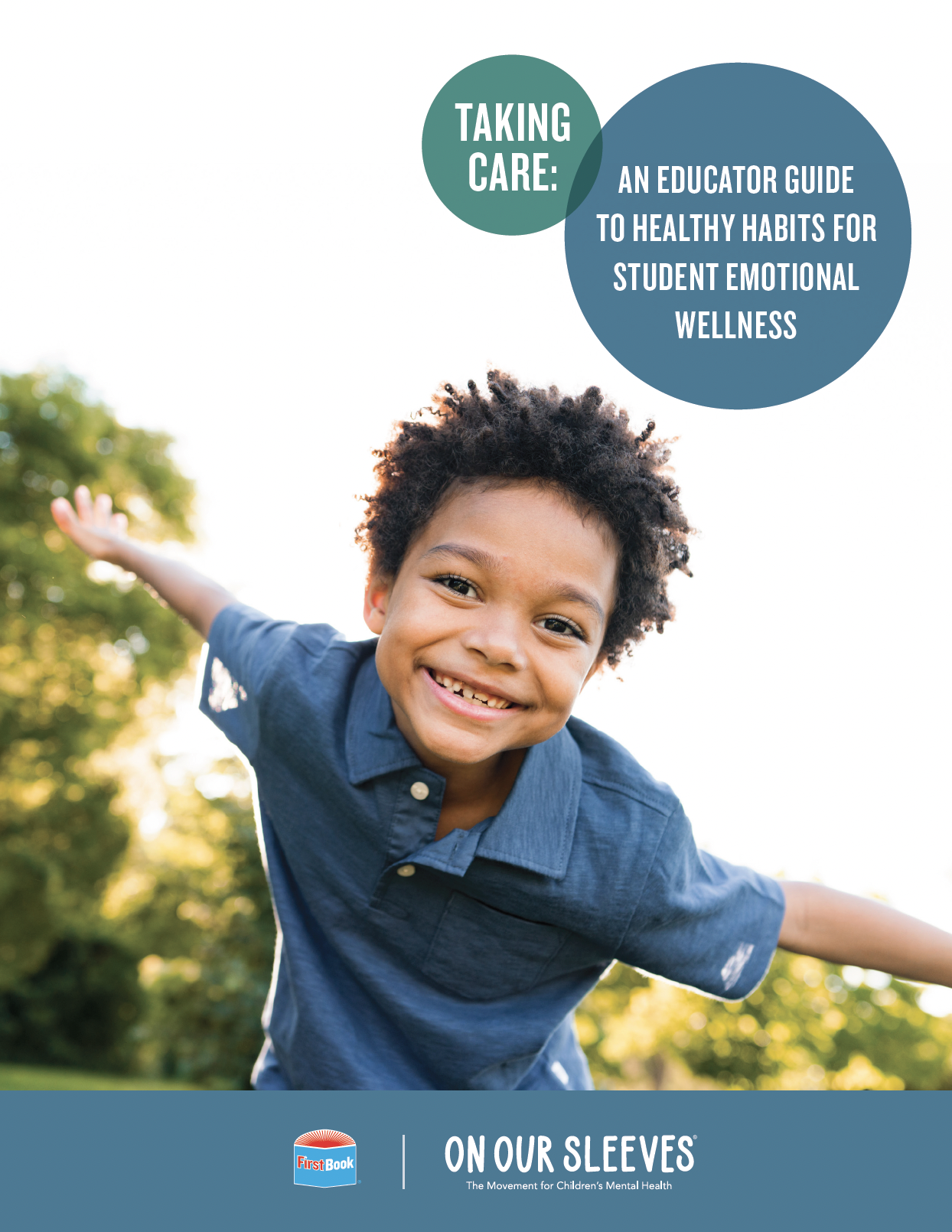
Healthy Habits for Student Emotional Wellness
A First Book Accelerator resource with proactive and responsive tips to support educators. The resource also includes tips for educator self-care.
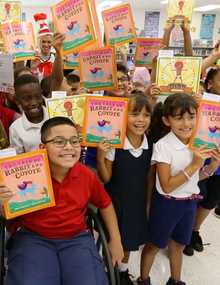
Register to Join the Network
Educators can access low-cost books and resources, free books from the Book Bank, and funding opportunities from corporate partners and generous donors.
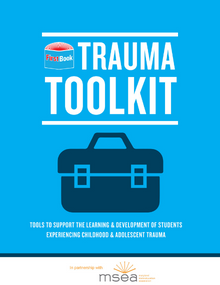
Trauma Toolkit
Learn how childhood trauma affects a student’s ability to learn, best practices to support their development, and more in this expert-informed toolkit.
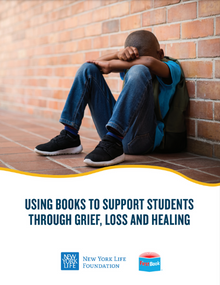
Using Books to Support Grief, Loss, and Healing
Grieving is a process that unfolds differently for everyone, and this guide offers concrete tips, strategies, and steps you can take to support K-12 students with the power of books.
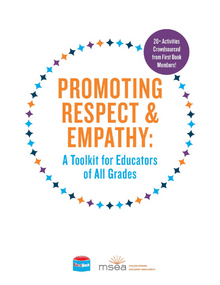
Promoting Respect & Empathy
Want great ideas on how to promote respect and empathy among your students? First Book members share their lesson plans, tips, and recommendations in this toolkit.
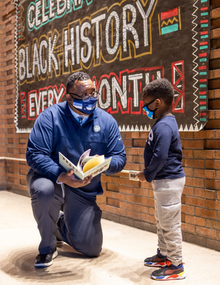
Social & Emotional Learning Hub
Social & emotional learning teaches kids how to handle their emotions. Explore the hub to find tools and resources to help kids succeed.
